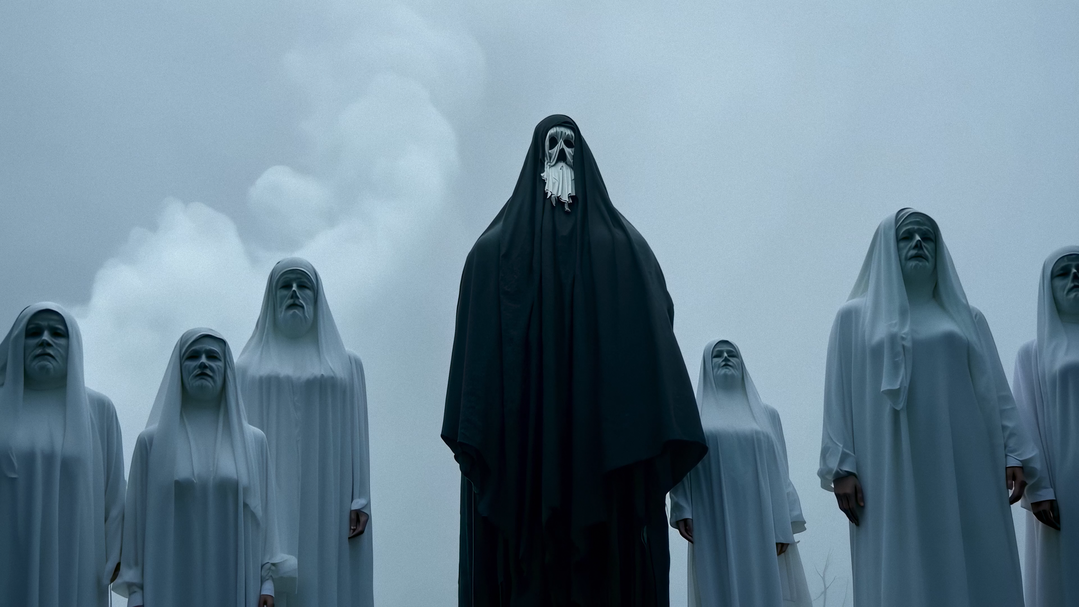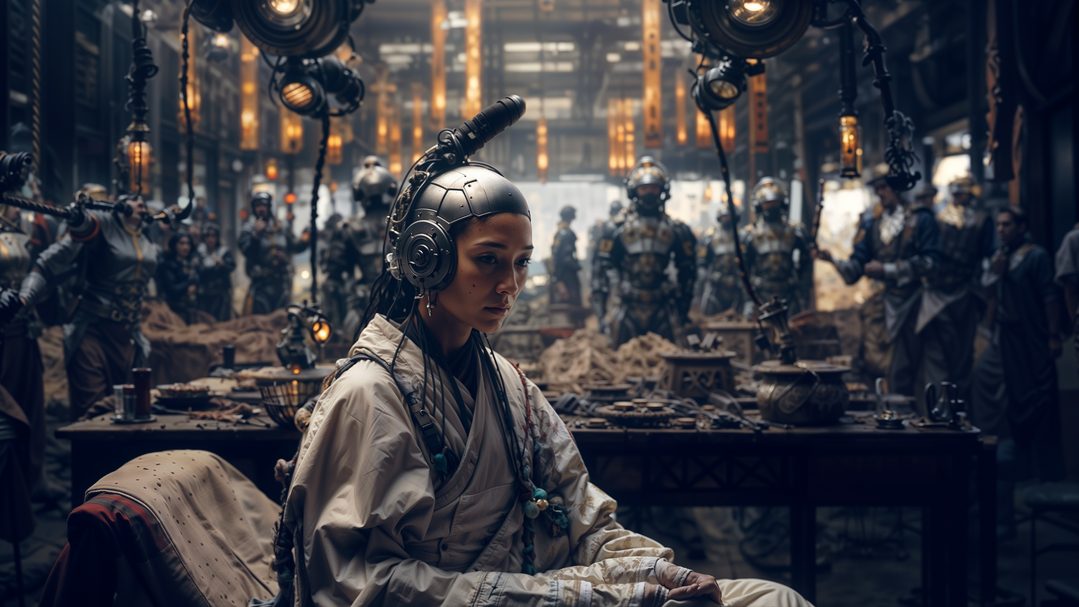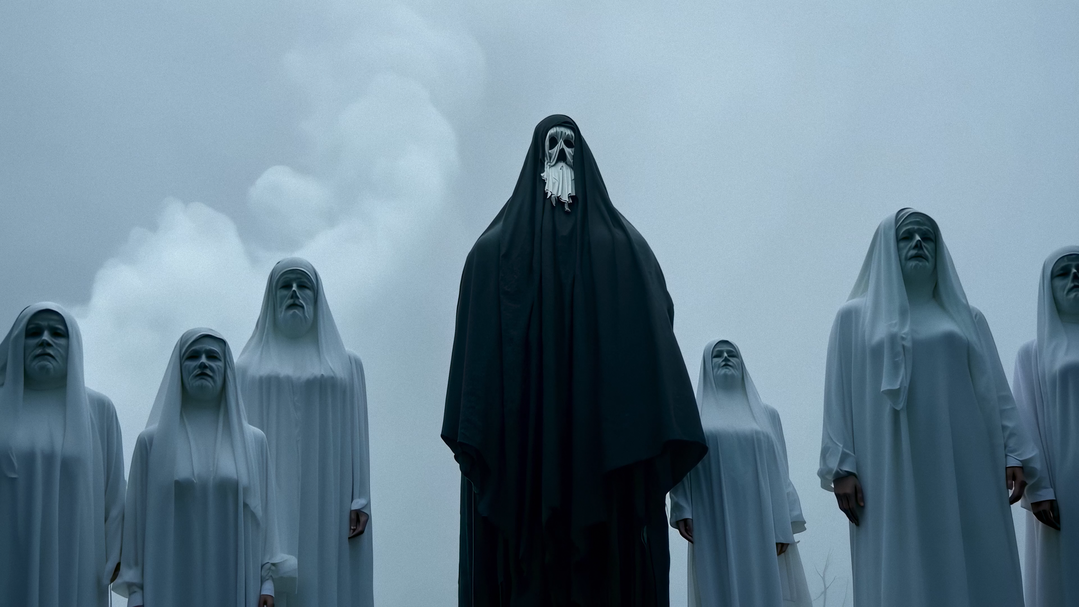
The inaugural Busan International AI Film Festival (BIAIF) concluded on December 8, marking a significant milestone in the integration of artificial intelligence and cinematic art. Held at the Busan Cinema Center, the festival ran from December 6 to 8, attracting widespread interest and solidifying its potential as a groundbreaking platform for innovation in film.
The festival featured a lineup of 22 films, including 15 competition entries and 7 invited works, showcased across six thematic sections. With a total of 71 screenings and an audience of 2,729 attendees, the festival achieved an impressive 89% seat occupancy rate, reflecting strong public enthusiasm for this novel cinematic experience.

At the core of the festival’s appeal was its exploration of how artificial intelligence could revolutionize filmmaking, storytelling, and audience engagement. The fusion of cutting-edge technology with artistic expression created a space for filmmakers and technologists to push the boundaries of their craft.
The festival awarded five films in its competition section. The Grand Prize for Best Film went to Yang Ik Jun’s “Witness”, a mystery short film that revolves around a self-driving car implicated as the sole witness to a college student’s disappearance and a mysterious explosion. The AI Artistic Innovation Award was presented to “A Splendid Day” by Lee Hyung Joo, a story of a man sacrificing himself for humanity’s survival. The AI Technical Advancement Award recognized “Poem of Destruction” by Kwon Han Seul, which portrays the collapse of a corrupt world and the creation of a new one.

The AI Social Impact Award was given to “JinX” by Mansha Tothla, the only foreign-directed winner, which uses AI to vividly recreate the memories of a Holocaust survivor. The Special Jury Mention went to “M Hotel” by CJ ENM’s AI Content Team, a surreal narrative about a homeless man who discovers a mysterious hotel room key, leading to a series of uncanny events.
The festival also positioned itself as a bridge for international collaboration. The Amsterdam International Film Festival and the Central African International Film Festival expressed interest in showcasing AI-driven films, while the National Film Board of Canada proposed an exchange of AI works. This burgeoning global network underscores BIAIF’s ambition to serve as a hub for technological and artistic convergence in cinema.

A spokesperson from the Busan Cinema Center highlighted the festival’s achievements: “The Busan International AI Film Festival has established itself as a pioneer in merging AI with film. It has opened new doors for international partnerships and promises to evolve as a platform for innovation and collaboration in the global film industry.”
As AI continues to transform various industries, BIAIF exemplifies how technology can deepen storytelling, enhance production, and offer audiences immersive new experiences. With its successful debut, the festival paves the way for future editions that will further redefine the possibilities of cinema in the digital age.
Sayart / Maria Kim, sayart2022@gmail.com




